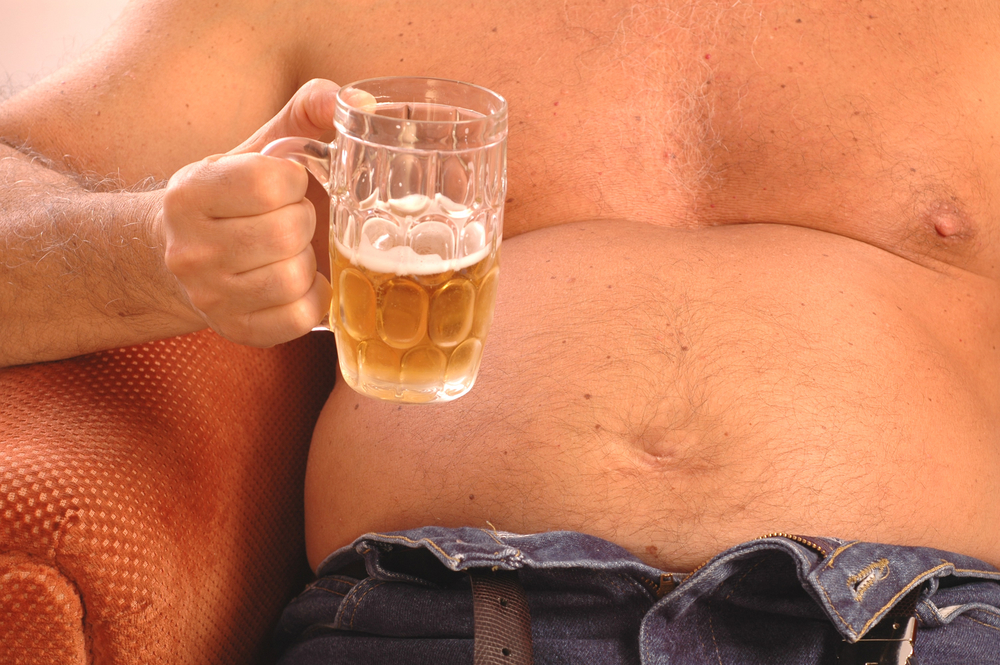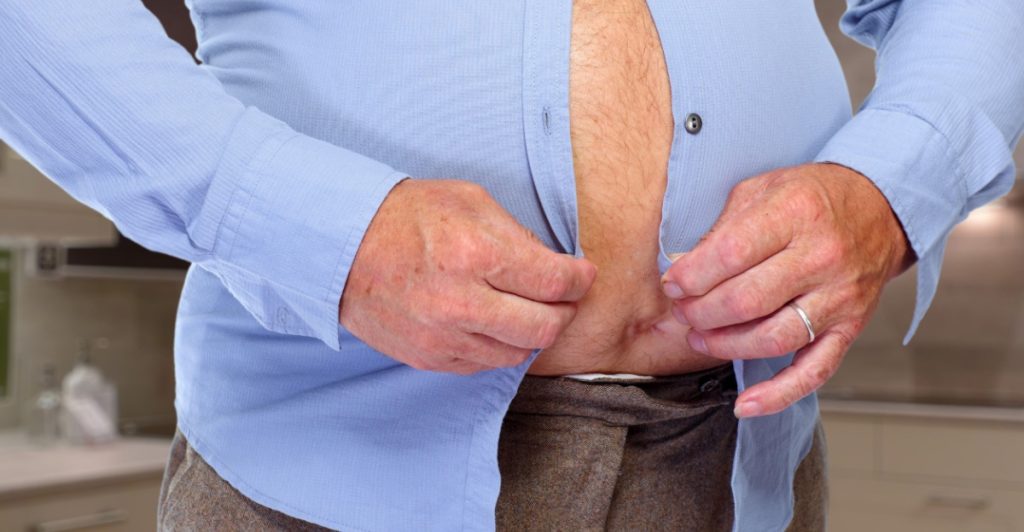American researchers have discovered that changes in stem cells contribute to increased belly fat as we age.
Others are reading now
Groundbreaking new research from City of Hope, published in Science.org, reveals a surprising explanation that’s not just about bad habits.
A New Understanding of Age-Related Weight Gain

Recent studies show that weight gain with age isn’t only about metabolism. Stem cells play a key role in fat accumulation – especially around the stomach area.
Why You Gain Weight – Even Without Changing Your Lifestyle

Many people notice the pounds creeping on, even when diet and exercise stay the same. The reason? Our biology shifts with age – and so does how our body stores fat.
What the Research Says

According to scientists from City of Hope and the article in Science.org, mouse studies reveal that aging triggers a new type of stem cell that generates more fat cells – particularly in the belly region.
Also read
Men Are Hit Hardest

The studies showed that male mice experienced a significant spike in fat cell production. This suggests men may be especially vulnerable to abdominal fat.
It’s Not Just About Looks

Belly fat raises the risk of serious health issues like heart disease, diabetes, and other chronic conditions. It’s not just cosmetic – it’s a health concern.
Expert Warning

Nutrition expert Martin Kreutzer emphasizes that even without increasing your calorie intake, your body will start storing fat differently as you age – often in the least healthy areas.
Why You Need to Adjust Your Lifestyle Over Time

With every year that passes, it’s wise to fine-tune your habits: Eat healthier, move more, and be mindful of your calorie intake. As you age, your body becomes less forgiving.
Four Practical Tips for a Slimmer Waistline

- Cut out daily sodas and sugary treats
- Move more – for example, take more steps each day
- Use smaller plates and serve smaller portions
- Make small, steady improvements every year
The Consequence of Doing Nothing

If you don’t take action, chances are things will only go one way – and it’s not the healthy one. Small choices today create big results tomorrow.
Hope for the Future

Researchers hope their discovery could lead to new medical treatments targeting belly fat. But until then, diet and exercise remain our best weapons.


